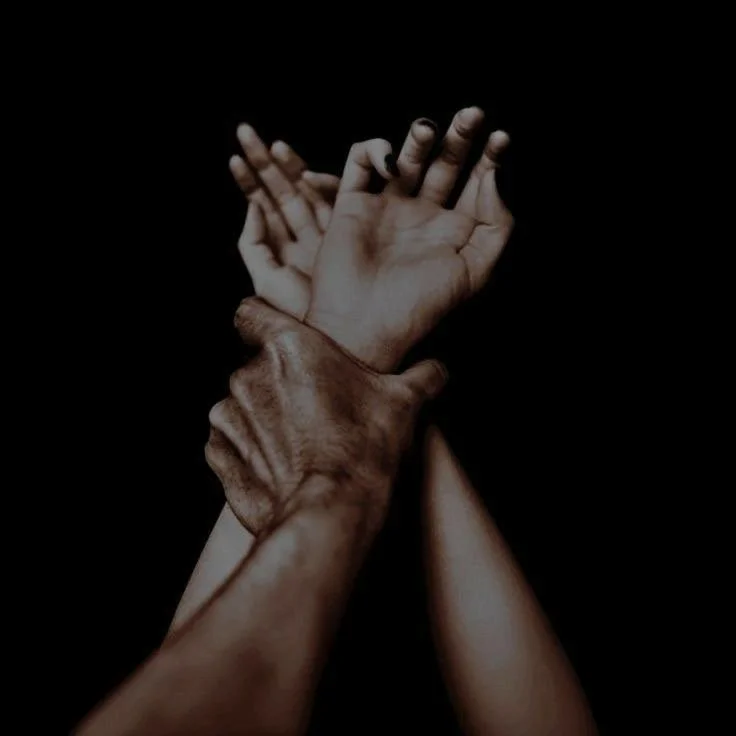The big O & Hormones
One of the reasons feelings and expectations between bed partners might differ after a hot night: hormones. An orgasm triggers a rushing release of hormones with big gender differences.
The queen (or king) of all climaxes: the orgasm.
An amazing gift of pleasure our bodies can give us, so then why does sex often lead to more confusion, miscommunication and heartbreak between lovers? Or have you ever wondered why a man just nods off after the deed whilst a woman finds herself rejected because all she wants to do is cuddle and be lovey-dovey? Enter: hormones!
Not only has research shown that up to 30 areas of the brain are triggered during an orgasm, it’s also a big blownout hormone party. The main characters in this event are oxytocin, endorphins, dopamine and prolactin.
Let’s break it down
Oxytocin, or the “love hormone” is released in large quantities in women and promotes bonding and trust but also intensifies the emotional intimacy after sex. It’s like taking a shot of a bonding booster. Endorphins are little warriors rushing in, banishing pain and boosting your mood making an orgasm the ultimate tension reliever. Feelings of happiness and well-being after sex are all thanks to these guys. Women are more sensitive to endorphins, giving them that wonderful post-O-glow. Next up is dopamine, also known as the “reward hormone”. Dopamine reinforces the feeling of pleasure after sex, making you want more of it! The addiction is very real, especially for men. Men release higher dosages of dopamine which make them chase that next high over and over again. Finally, prolactin surges in guys after an orgasm and puts the brakes on further action for a bit. It’s nature’s way of saying “take five, champ”. The surge of prolactin after an orgasm in women isn’t that profound at all, enabling them (very willingly) to go for that second or even third climax.
Trick or treat?
The tricky part is that these hormones don’t discriminate between a one-night-stand, a situationship or a longstanding relationship. The release of oxytocin in women is therefore a wonderful love-glue in committed relationships but can lead to a lot of confusion and rejection in other intimate settings. So, if you ever feel a disconnect or difference in expectations after sharing the bedroom together, I’d advize to touch base and have an open conversation about it. Your hormones might not speak the same language at the same time.
Although our bodies can throw a heck of a boosting hormone-extravaganza, the clean-up might be a bit more dreary.

